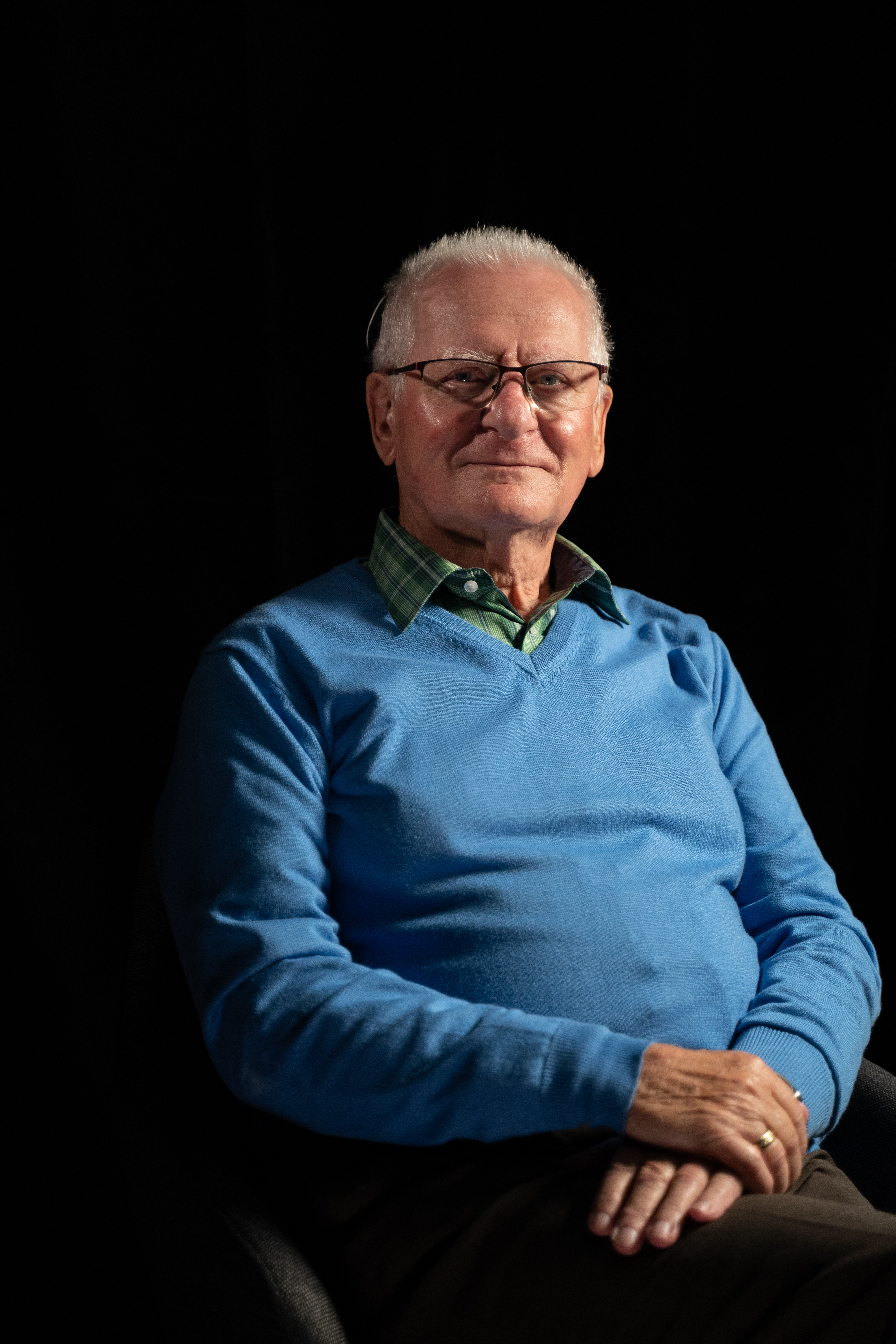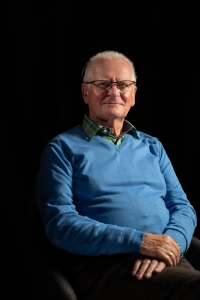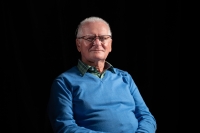Resistance fighter, Interbrigadist and concentration camp survivor

Download image
Roland Hering was born in 1942 in Freiberg. His biological parents passed away shortly after the end of the Second World War but he was soon adopted by Arno and Gerda Hering. Arno Hering was born in 1907 and grew up in Struppen, a small town near Pirna. Early on, he was exposed to communist ideas since his father was very active in the KPD [Communist Party Germany]. Arno Hering himself joined the KPD in 1926 and was even elected as leader of the local KPD in Struppen. When the Nazis seized power in 1933, Arno Hering emigrated to Czechoslovakia and smuggled newspapers and leaflets over the border to Germany. There, news reached him that his father had been arrested and tortured to death in the concentration camp Hohenstein. In 1938, Arno Hering joined the International Brigades in the Spanish Civil War, fighting against the fascists under Franco. He stayed in Spain until the end of the civil war, when the remainders of the republican troops surrendered. The members of the International Brigades were turned over to France where they were detained in camps and in 1941, Arno Hering was turned over to Germany. He was sentenced to twelve years in prison for preparing high treason. He was subsequently imprisoned in Straubing were he was subjected to forced labour. In 1945, the prison was freed by American troops and Arno Hering was able to return home to Struppen. Soon, he married his brother’s widow and together they adopted Roland Hering. In the early days of the GDR, Arno Hering pursued a career in politics which abruptly ended in 1962 when he changed career paths and joined the customs office.

